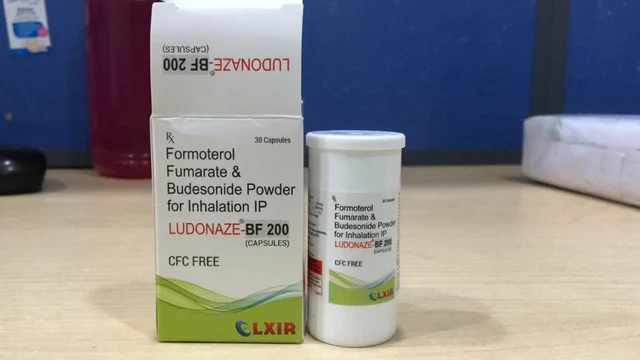Thyroid medication: what to know about treatment, dosing and safe buying
Thyroid meds are simple in theory but easy to mess up in practice. A small timing mistake or a new supplement can change how the drug works. This page gives clear, practical steps you can use today—what the main drugs do, how to take them, common interactions, and how to buy them safely online.
Types, how they work and what to expect
Most people with underactive thyroid take levothyroxine (T4). Some need liothyronine (T3) or a combo if symptoms don’t fully improve. Levothyroxine replaces the hormone your thyroid normally makes. Expect blood tests (TSH and sometimes free T4) every 6–12 weeks when starting or changing dose, then every 6–12 months once stable.
Side effects usually mean the dose is too high (palpitations, jittery, weight loss) or too low (fatigue, weight gain, cold sensitivity). If you get new symptoms after a dose change, tell your prescriber and ask for TSH testing before jumping to conclusions.
How to take it right and avoid common problems
Take levothyroxine on an empty stomach, 30–60 minutes before breakfast or at least 3–4 hours after your last meal. Be consistent—same time and relation to food every day helps keep levels steady. Avoid calcium, iron supplements, multivitamins with minerals, and antacids within 4 hours of your dose; they cut absorption. If you need pills for heartburn or supplements, separate them by several hours.
If your doctor switches brands, expect a follow-up blood test in 6–8 weeks. Generic and brand-name levothyroxine are usually fine, but small potency differences mean labs should confirm stability after any change. Pregnant people typically need a higher dose—tell your doctor if pregnancy is possible or confirmed.
Older adults and anyone with heart disease should start at lower doses and increase slowly. If you’re on warfarin or other blood thinners, let the prescribing clinician know—thyroid meds can affect clotting tests and dosing.
Storage is simple: keep tablets in their original container at room temperature away from moisture. Don’t crush unless your pharmacist says it’s safe for that formulation.
Buying online? Always use a licensed pharmacy that requires a prescription. Red flags: extremely low prices, no prescription needed, or vague contact info. Check reviews, look for pharmacy accreditation, and confirm shipping times. If a site sounds too good to be true, contact your prescriber for safer alternatives.
Questions to ask your clinician: "What TSH target should I aim for?" "How will we check dose changes?" and "Are there interactions with my other meds or supplements?" Keep a simple pill schedule and set a daily reminder—consistency matters more than exact minute timing.
If something feels off—new heart symptoms, sudden weight changes, or extreme fatigue—get labs and contact your provider. With the right dose and a few common-sense habits, thyroid medication usually controls symptoms well and safely.












